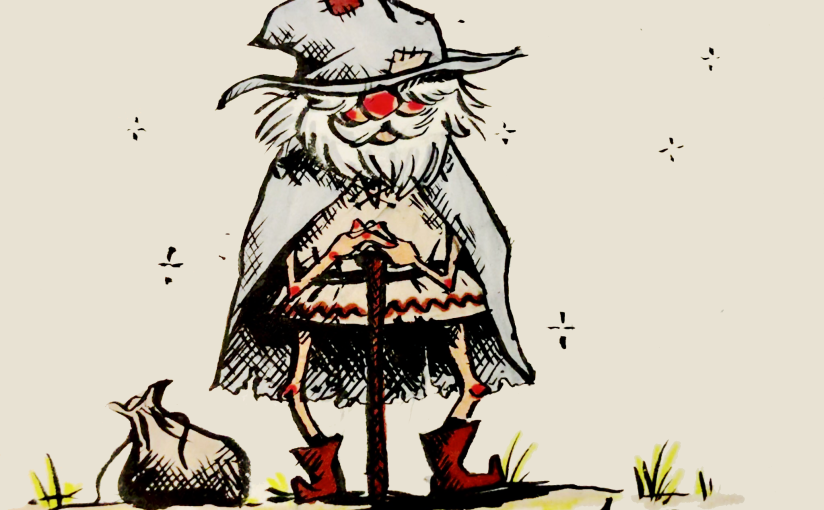Somewhat related to the last post, Leaving D&D5e, I should probably specify why I don’t like the system. I hadn’t actually grokked the reality of my feelings until earlier this morning, where I managed to write something in a conversation that I think was incredibly thoughtful and truly struck a chord as to answering why I don’t like the system, beyond a simple “it doesn’t do what I want out of a game” or “the rules are broken”, and even reflects on why I don’t like FATE Core, my problems with my home system of Numenera, and why my review of Ryuutama was so lukewarm!
Someone asked, a bit tongue-in-cheek, while we were discussing alternative systems, well “which [system] is the objective best”? The answer, of course, is that there is no such thing, and my friend replied as such – “there’s no objectively best system because they all answer different questions”. Therefore, then… The problems with systems come in when they fail to answer the questions they say they want to answer. This is where you get gripes with D&D5e, Shadowrun, etc. – most of my disliked systems are not disliked for their mechanics specifically, but because the mechanics and goals of the system seem to have failed to connect. Ryuutama had a weird amount of lethality to it for something that was thematically Ghilbi-esque, Numenera‘s combat and initiative system makes no sense for the logic-based rulings over rules guidelines, and FATE Core (review incoming)’s problem is that none of the mechanics actually work together to create something cohesive that answers goals. You hear time and time again from people who have played Shadowrun that they “love Shadowrun, hate the system” because the mechanics are just not conducive to the theme.
Recently I played Scum & Villainy, a “FitD” system that probably could merit its own review post, but I’ll just bust a quick one out here: I loved it. It did exactly what it was meant to do and the mechanics and the gameplay went perfectly hand in hand with the theme of the game we were playing (‘idiot assholes do shady jobs in space’). But I actually do not often care for PbtA-built systems, which is where FitD was born out of – but I liked this because it worked well. I love Numenera and nearly loathe Cypher because the system caters to Numenera‘s settings and goals and disconnecting the cyphers from that setting makes Cypher, well, not as impactful. It doesn’t feel good as a universal system.
What questions is D&D5e trying to answer? What are the goals of the system? One could say that it is in the name, ‘Dungeons’ and ‘Dragons’, but plenty of other bloggers have gone into the problems of the game no longer teaching people how to play or run dungeons, and how the mechanics of attrition seem to be fading away in favour of more narrative approaches. I think in order to become a better system in future iterations, the designers really need to lean into that more and change the rules to accomplish the goals that the designers actually want to achieve. But, they probably won’t, because D&D5e makes a lot of money as is… and that is why I think people should get away from 5e, not because it’s just, completely bad, or wrong, but because it doesn’t do what it’s supposed to be doing, and you have so many options that actually do a) what “D&D” is supposed to be and/or b) what you want to do in a game.

